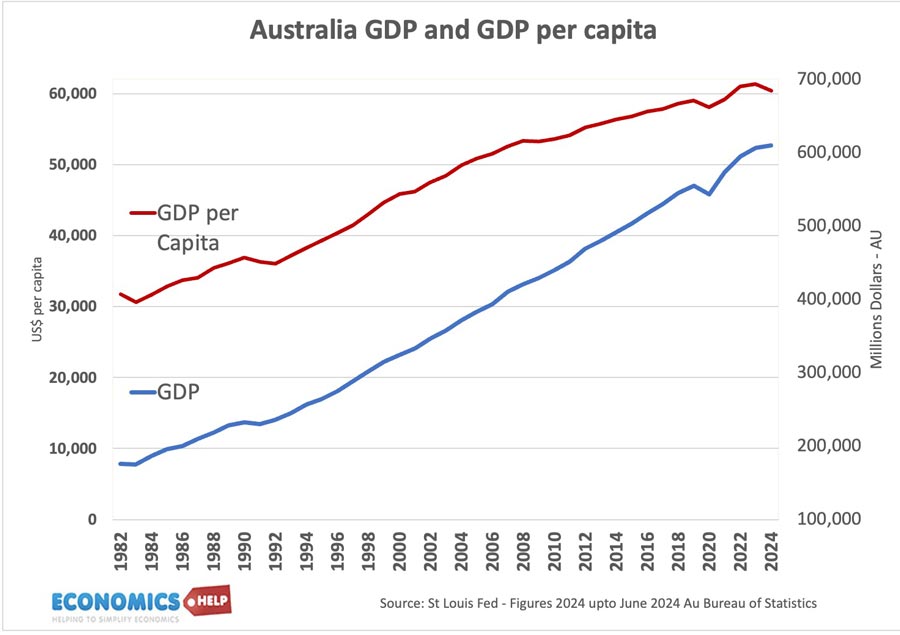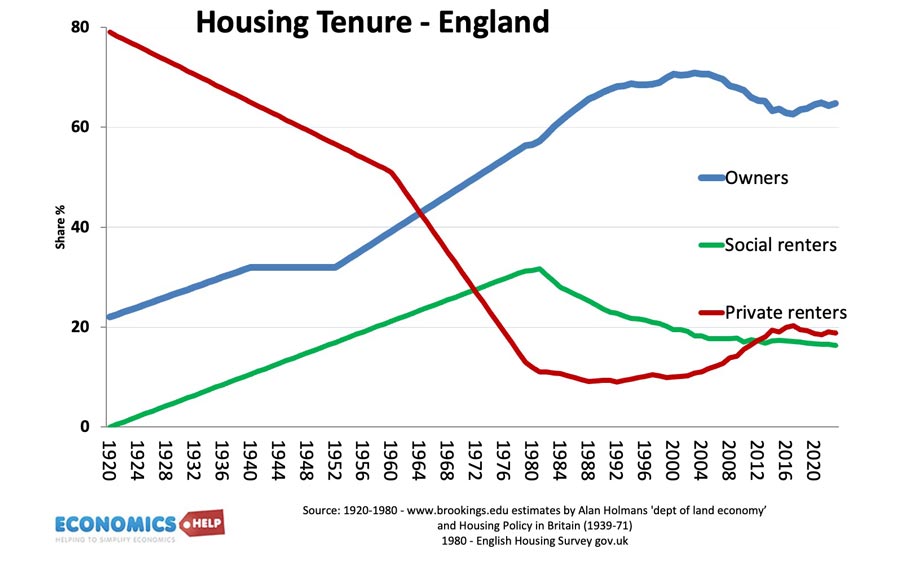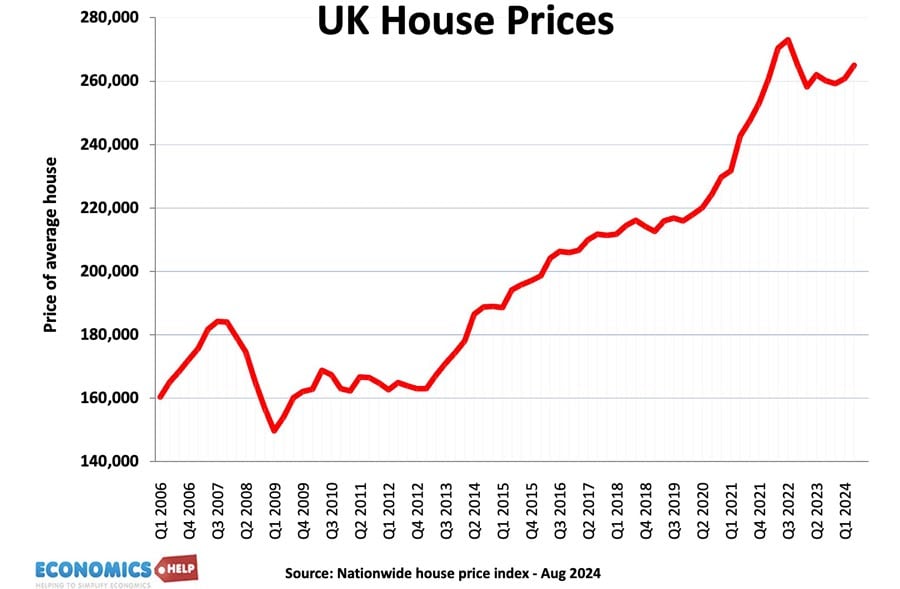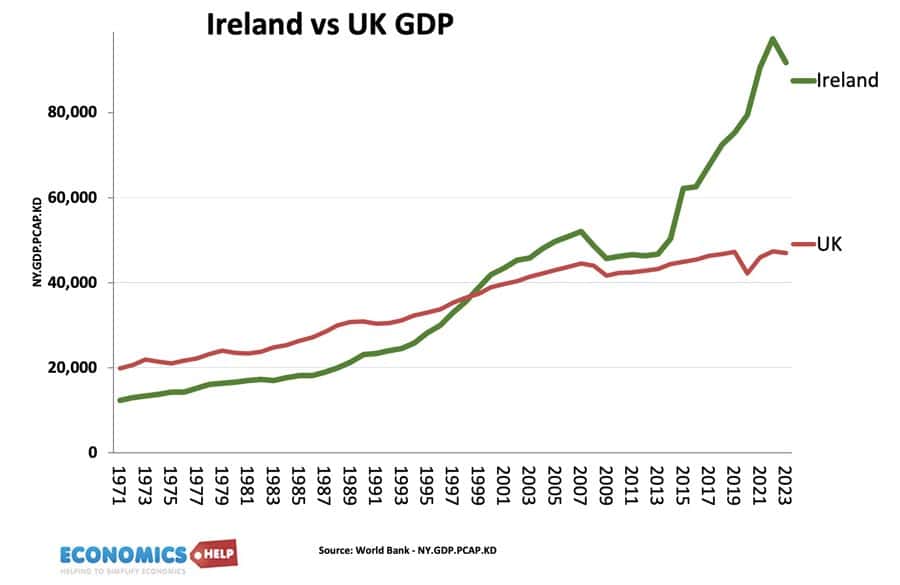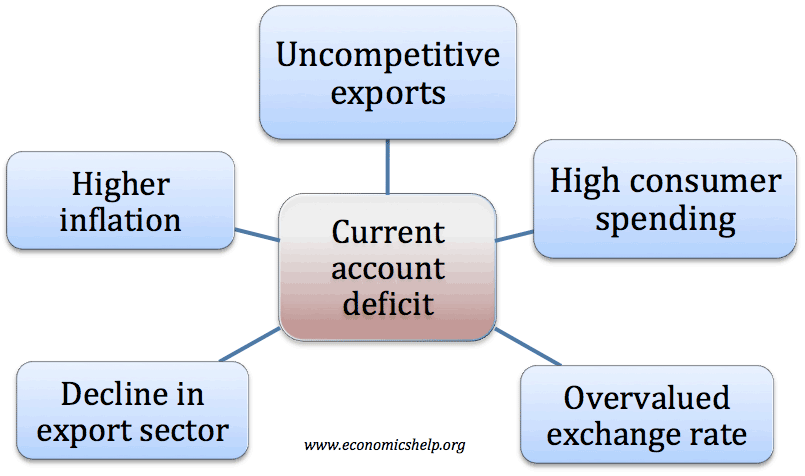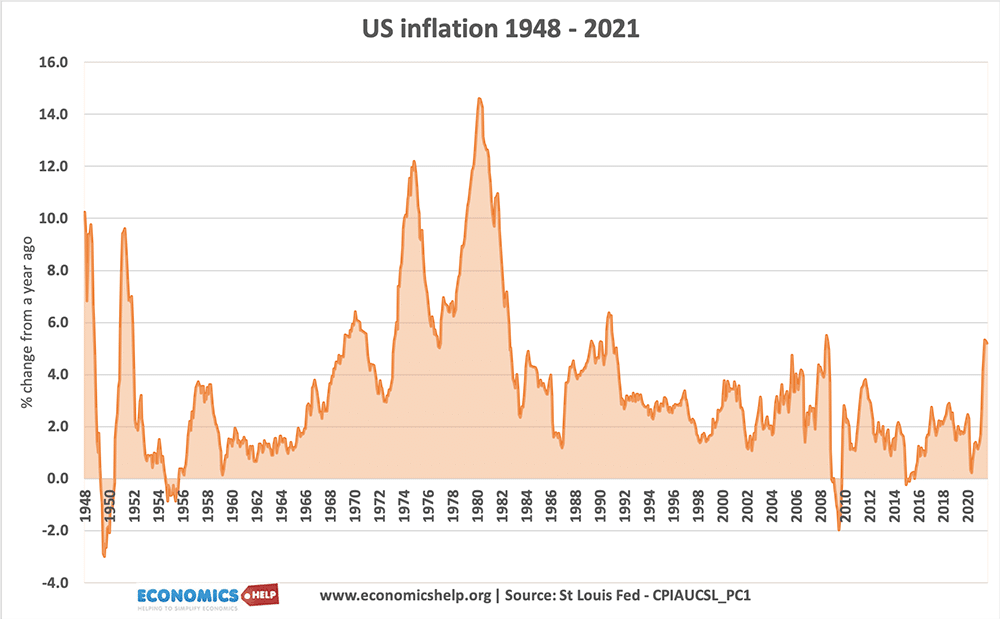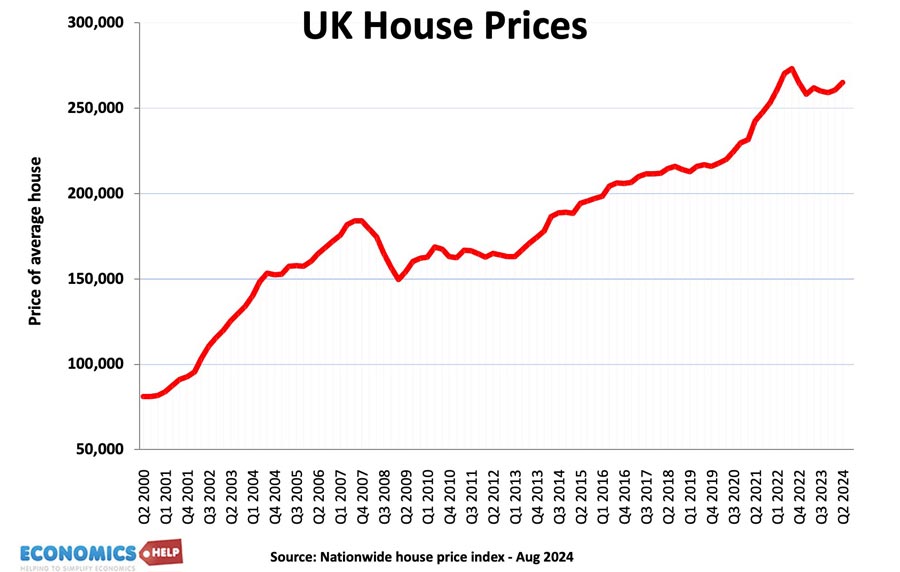Who owns government debt?
A frequently asked question is – Who does the UK borrow from? Who owns the UK’s government debt? (Asset Purchase Facility = Bank of England) UK government debt is primarily held by: Private financial institutions – banks, pension funds, investment trusts and also private households. 28% is held by overseas investors (e.g. American investment trusts/Japanese …


